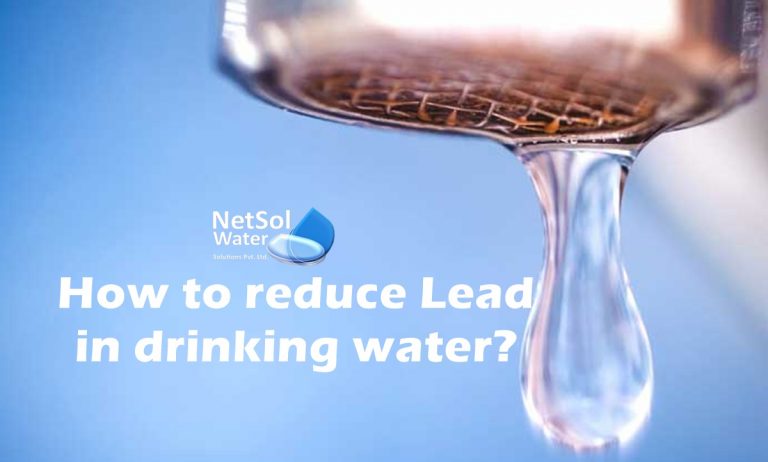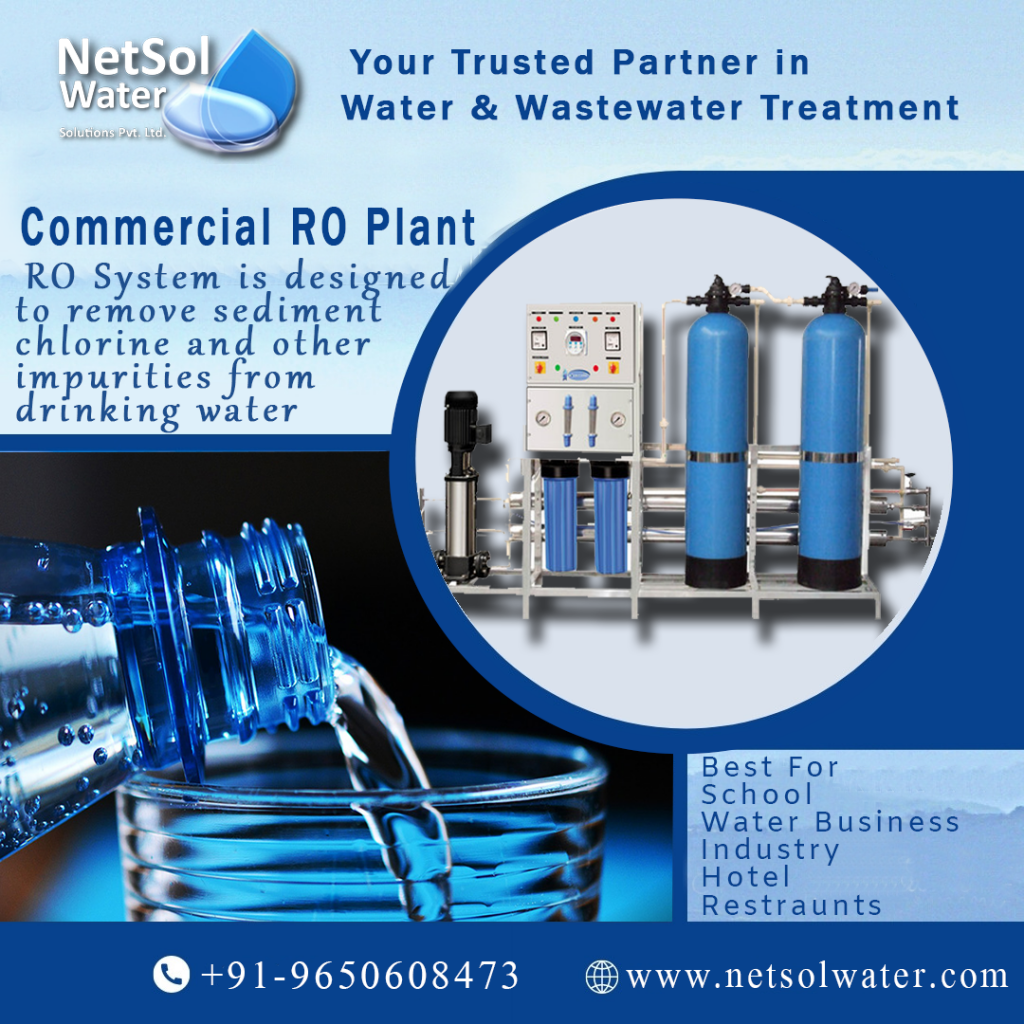
Lead can get into our drinking water when the pipes that transport water to homes, schools, and other facilities start to degrade. Fixtures and pipes are particularly vulnerable to corrosion, from water that is highly acidic or deficient in minerals.
To guarantee the public’s safety and health, municipal water distributors must raise awareness of these developments, stay up to date on new drinking water distribution laws and regulations, and be sure to consider all of the available treatment alternatives to reduce lead levels in drinking water.
Risks of drinking water with lead
According to the EPA, children who consume lead (even in trace levels), may have the following health issues:
- Behavioural and academic issues,
- Low IQ and excessive activity,
- Sluggish growth,
- Hearing issues,
- Anaemia,
- On occasions, it can result in seizures, comas, and even death.
Safe contaminant level of lead as per EPA
The Environmental Protection Agency (EPA) has set the maximum contaminant level goals (MCLGs), to zero under the Safe Drinking Water Act, asserting that there is no safe level for lead. This dangerous metal can cause negative health effects in small doses, and accumulate in the body over time. Children and expectant mothers are particularly at its risk.
How can lead enter water?
Lead is typically not found in drinking water. It is usually due to lead that is already present in plumbing fixtures, and/or fittings in the utility distribution systems or plumbing inside homes, and buildings that get corroded.
If your water comes from a groundwater source, there is a chance that it could be contaminated by numerous environmental toxins. The possibility does exist, even though it is unlikely.
Typical fixtures and fittings that contain lead
Pipes, valves, faucets, and solder for pipes, all of these parts contain lead, which could dislodge and directly pollute drinking water. It can cause scale in the pipes and eventually dissolve or dislodge.
Brass or chrome-plated brass faucets and fixtures with lead solder, appear to be the most troublesome fixtures because they can release substantial amounts of lead, especially if they are being flushed with hot water.
Elements that influence corrosion
In general, the following factors can have an impact on how much corrosion is present, and how much lead may pollute drinking water:
- The water’s alkalinity or acidity,
- The types and concentrations of minerals in the water,
- Its temperature,
- How much wear the pipes have seen, and
- How long the water has been in the pipes.
How can Netsol Water get lead out of drinking water?
Like most of the problems involving water purification, there are frequently numerous effective fixes. Other than recommending that towns think about replacing older lead-containing piping, systems, and fixtures, the basic strategy we typically investigate, when it comes to lead in drinking water is Reverse Osmosis.
Commercial Reverse osmosis System is a quick and affordable approach, to protect the drinking water in your home or any other commercial building, by removing impurities like lead. We provide a wide range of Commercial RO Plants, with the capacities ranging from 50 LPH-10,000 LPH, which can be customized as per customer’s requirement.

Make sure to balance beneficial treatment alternatives, like reverse osmosis
To guarantee that towns adequately treat water for their residents. While avoiding the potential negative effects, efforts to control lead by altering pH, redox, alkalinity, and/or adding orthophosphate must be carefully evaluated. You should collaborate with us, as your water treatment provider, to prevent some of these effects:
- Scaling of the pipes and accessories,
- Microbial growth not complying with other legal standards, while removing lead (e.g., disinfection by-products),
- Utilising corrosion control agents like zinc and orthophosphate, to produce non-compliant discharge, etc.
If you have any questions regarding whether or not Netsol Water, might be able to assist you, please don’t hesitate to get in touch with us.
We have over 10 years of expertise, figuring out solutions, as Commercial RO Plant Manufacturer, for a wide variety of water treatment difficulties.
We are not only limit to this we one of renowned name for sewage treatment plant manufacturer, effluent treatment plant manufacturer, Industrial RO plant manufacturer.
To get in touch with us, call at +91 9650608473 or email at enquiry@netsolwater.com
